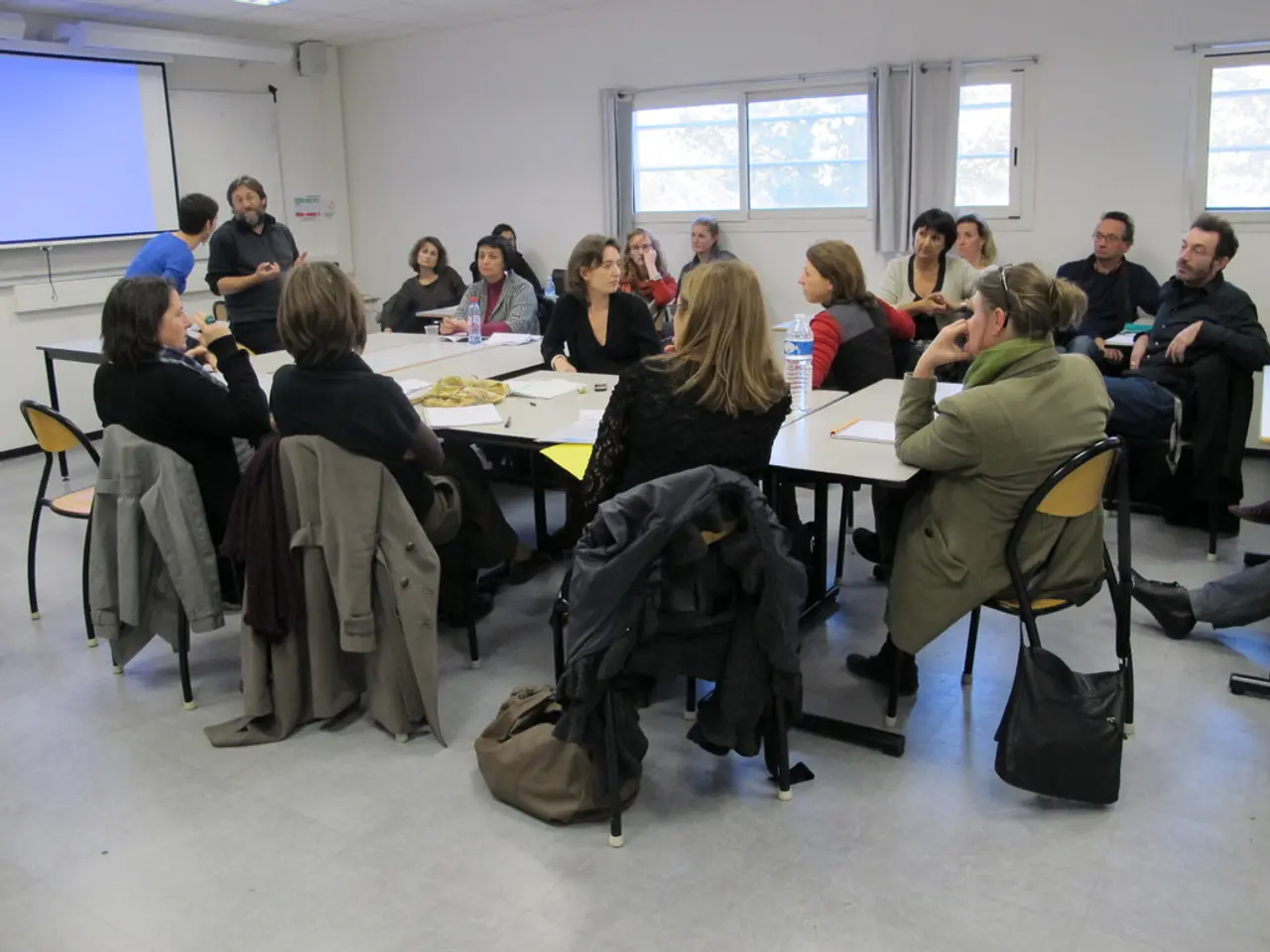Essential Qualities in a Partner: Recognizing Them and Striving for Improvement
In every relationship, effective communication and emotional safety are key components that help build a strong bond. Here are some tips to help you become a respectful partner and cultivate a healthy relationship.
Effective Communication
- Practice using "I statements" to express your feelings and needs clearly and assertively.
- Express gratitude and appreciation towards your partner to foster a positive atmosphere.
- Listen actively without judgment, showing empathy and understanding towards your partner's feelings.
- Open and honest communication, such as sharing messages of support and focusing on how you feel when resolving conflict, plays a crucial role in marital satisfaction.
Emotional Safety
- Establish emotional safety by respecting your partner's boundaries and alone time.
- Avoid coercive or manipulative tactics and accept responsibility for your mistakes.
- Apologise sincerely when you've wronged your partner, and work together to find solutions to any issues that arise.
Emotional Security
- Emotional security is another important component of a great relationship. When you feel safe, you can trust your partner, and they can trust you.
Respect and Appreciation
- Celebrate your differences and individual experiences, and appreciate your partner for who they are, even with differences.
- Avoid name-calling, attacking, and sarcasm, as these behaviours can harm the relationship.
Compromise
- Remaining open-minded, listening to your partner's wishes and desires, and considering your partner's point of view in all decisions are ways to practice compromise.
- Compromising is necessary at times to prioritise the relationship.
Trust and Emotional Instability
- Trust is a crucial part of a healthy relationship, and acting in a way that promotes trust helps you be a good partner.
- Emotional instability is a potential issue in a relationship, and endless conflict is a sign of a strained relationship.
- A lack of trust can predict significant challenges in relationships.
Seeking Help
- If you don't feel safe in your relationship, there are options available for seeking help. Call 911 if you or someone else is in immediate danger.
- Seek support from friends or family, or reach out to the National Domestic Violence Hotline, the National Sexual Assault Hotline, or the National Dating Abuse Hotline for confidential advice and resources.
Professional Counseling
- One seeks professional counseling to support the development of a healthy relationship, particularly when couples are under great pressure, in a crisis, or want to improve their understanding of their own and their partner’s needs.
- Choosing a setting that feels comfortable for both partners and helps create a constructive atmosphere for open communication can be beneficial.
Attachment Styles
- People who have an unhealthy attachment style may find it challenging to implement tips for being a good partner, but it's possible to go from an anxious to a secure attachment at any point.
Read also:
- Peptide YY (PYY): Exploring its Role in Appetite Suppression, Intestinal Health, and Cognitive Links
- Toddler Health: Rotavirus Signs, Origins, and Potential Complications
- Digestive issues and heart discomfort: Root causes and associated health conditions
- House Infernos: Deadly Hazards Surpassing the Flames








